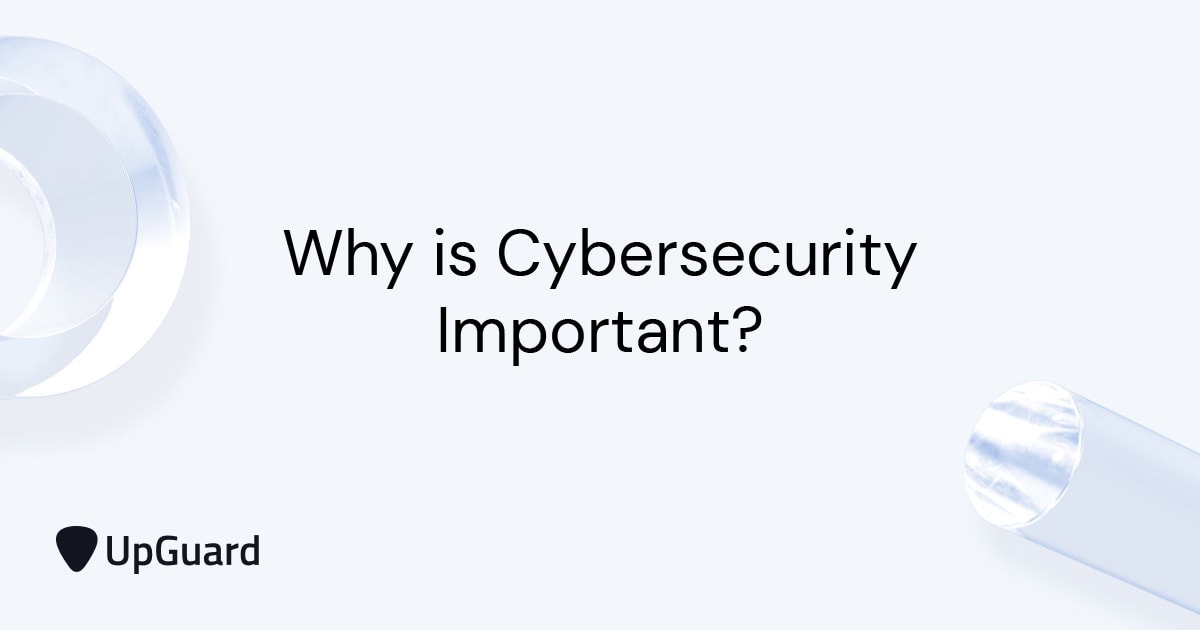“Discover why cyber security is crucial for protecting your digital assets. Explore key reasons and benefits of strong cyber defenses for safeguarding data and maintaining business integrity.”
Introduction
In today’s digital age, cyber security has become a fundamental aspect of protecting our data and ensuring the integrity of our online interactions. As technology advances, the risks associated with digital threats have increased, making it crucial to understand why cyber security is essential. This blog post delves into the key reasons and benefits of robust cyber security measures, highlighting their importance in safeguarding data and maintaining business integrity.

Protecting Sensitive Information
Cyber security is vital for protecting sensitive information from unauthorized access and breaches. Personal data, financial records, and confidential business information are prime targets for cybercriminals. Effective cyber security measures help prevent data breaches and ensure that sensitive information remains secure.
Preventing Financial Loss
Cyber attacks can lead to significant financial losses for individuals and businesses alike. From the costs of remediation and legal fees to potential fines and loss of revenue, the financial impact of a security breach can be devastating. Investing in cyber security helps mitigate these risks and protect against financial damage.
Maintaining Business Integrity
For businesses, maintaining a strong cyber security posture is essential for preserving trust and credibility with customers and partners. A security breach can damage a company’s reputation, leading to loss of customer trust and competitive disadvantage. Effective cyber security practices help ensure business continuity and protect brand integrity.
Ensuring Regulatory Compliance
Many industries are subject to regulations and standards related to data protection and cyber security. Compliance with these regulations is not only a legal requirement but also a crucial aspect of safeguarding sensitive data. Cyber security measures help organizations meet regulatory requirements and avoid potential legal consequences.

Safeguarding Against Emerging Threats
The cyber threat landscape is constantly evolving, with new vulnerabilities and attack methods emerging regularly. Cyber security helps organizations stay ahead of these threats by implementing advanced security measures and staying informed about the latest trends and vulnerabilities.
Enhancing Customer Confidence
Customers are increasingly concerned about the security of their personal data. By demonstrating a commitment to cyber security, businesses can enhance customer confidence and build stronger relationships. Transparent security practices and effective protection measures reassure customers that their data is safe.
Protecting Intellectual Property
For many organizations, intellectual property is a valuable asset. Cyber security helps protect intellectual property from theft and unauthorized access, ensuring that proprietary information and innovations remain secure.
Preventing Disruption to Operations
Cyber attacks can disrupt business operations, leading to downtime and loss of productivity. Implementing robust cyber security measures helps prevent such disruptions and ensures that critical operations continue without interruption.
Reducing Risk of Legal Consequences
In the event of a data breach, organizations may face legal action from affected parties or regulatory bodies. Effective cyber security practices reduce the risk of such legal consequences by preventing breaches and ensuring compliance with data protection laws.
Supporting Overall Digital Wellness
Cyber security contributes to overall digital wellness by promoting safe online practices and protecting users from online threats. Educating individuals and organizations about cyber security helps foster a safer digital environment for everyone.

Conclusion
Cyber security is not just a technical necessity but a critical component of maintaining digital safety and integrity. By understanding and implementing effective cyber security measures, individuals and businesses can protect their sensitive information, prevent financial loss, and ensure regulatory compliance. In an increasingly digital world, investing in cyber security is essential for safeguarding your data and preserving trust.
